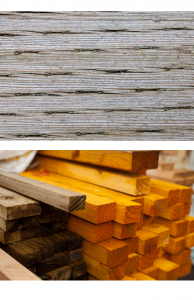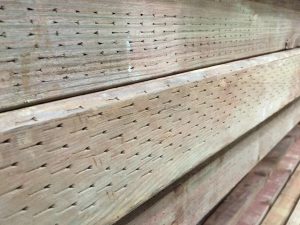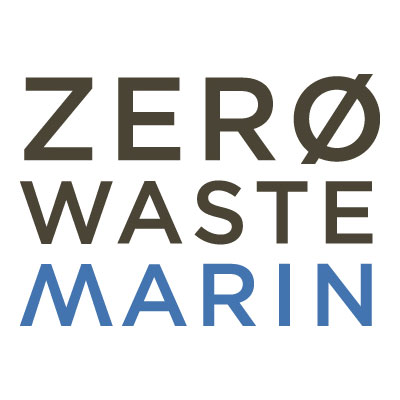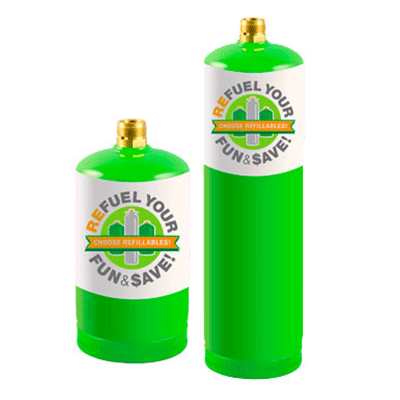Treated Wood Waste Disposal
The Marin Household Hazardous Waste facility cannot accept treated wood waste (TWW) from residential or commercial generators. Please, do not bring TWW to the facility, and please do not instruct your customers to do so either. If you must remove any TWW, read the DTSC factsheet to avoid any penalties and get a disposal estimate from an approved hazardous waste hauler. To find more information related to the topic, visit the DTSC website.
What is treated wood?

Treated wood is wood that has gone through a treatment process with chemical preservatives to protect it against pests and environmental conditions. Typically, treated wood is used in exterior applications where ground or water contact is likely.
What qualifies as treated wood?
Treated wood means wood that has been treated with a chemical preservative for purposes of protecting the wood against attacks from insects, microorganisms, fungi, and other environmental conditions that can lead to decay of the wood, and the chemical preservative is registered pursuant to the Federal Insecticide, Fungicide, and Rodenticide Act (7 U.S.C. Sec. 136 et seq.). These preservatives often include one or more of the following constituents: arsenic, chromium, copper, pentachlorophenol, and creosote.
What doesn’t qualify as treated wood?
- Natural wood with no chemical preservatives.
- Natural wood coated in paint or surface finish such as lacquer, shellac, polyurethane and varnish.




